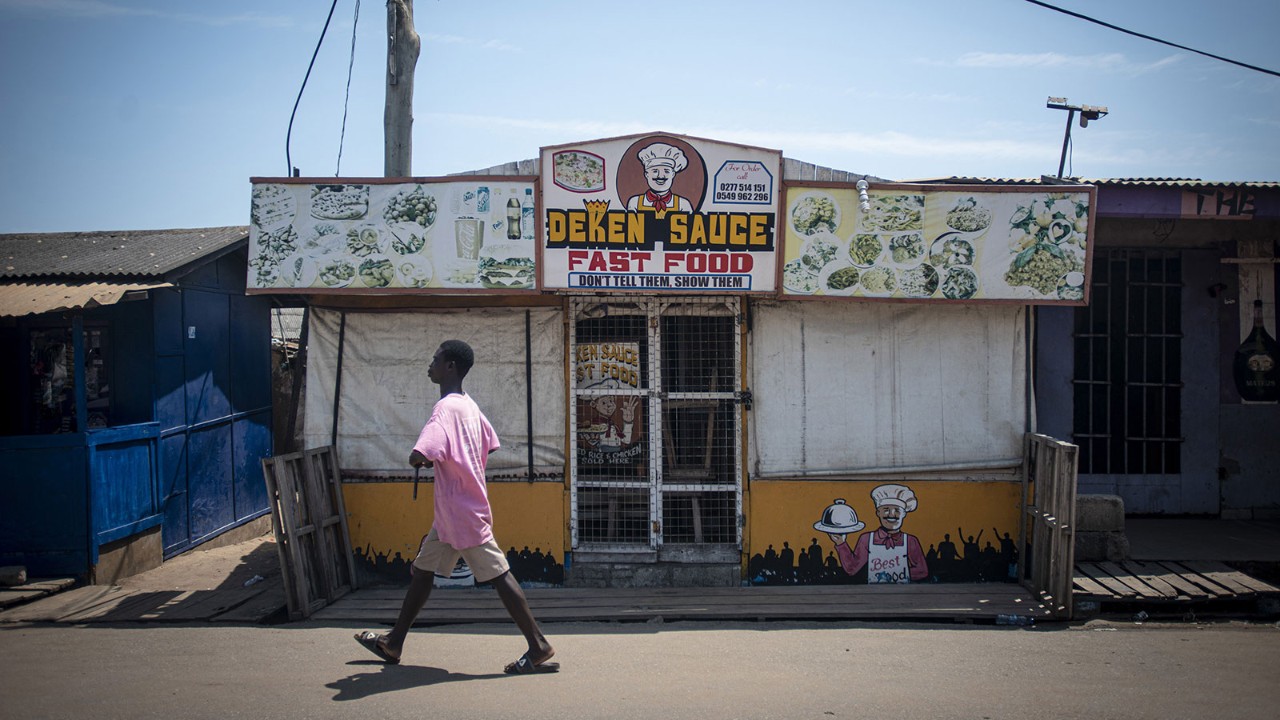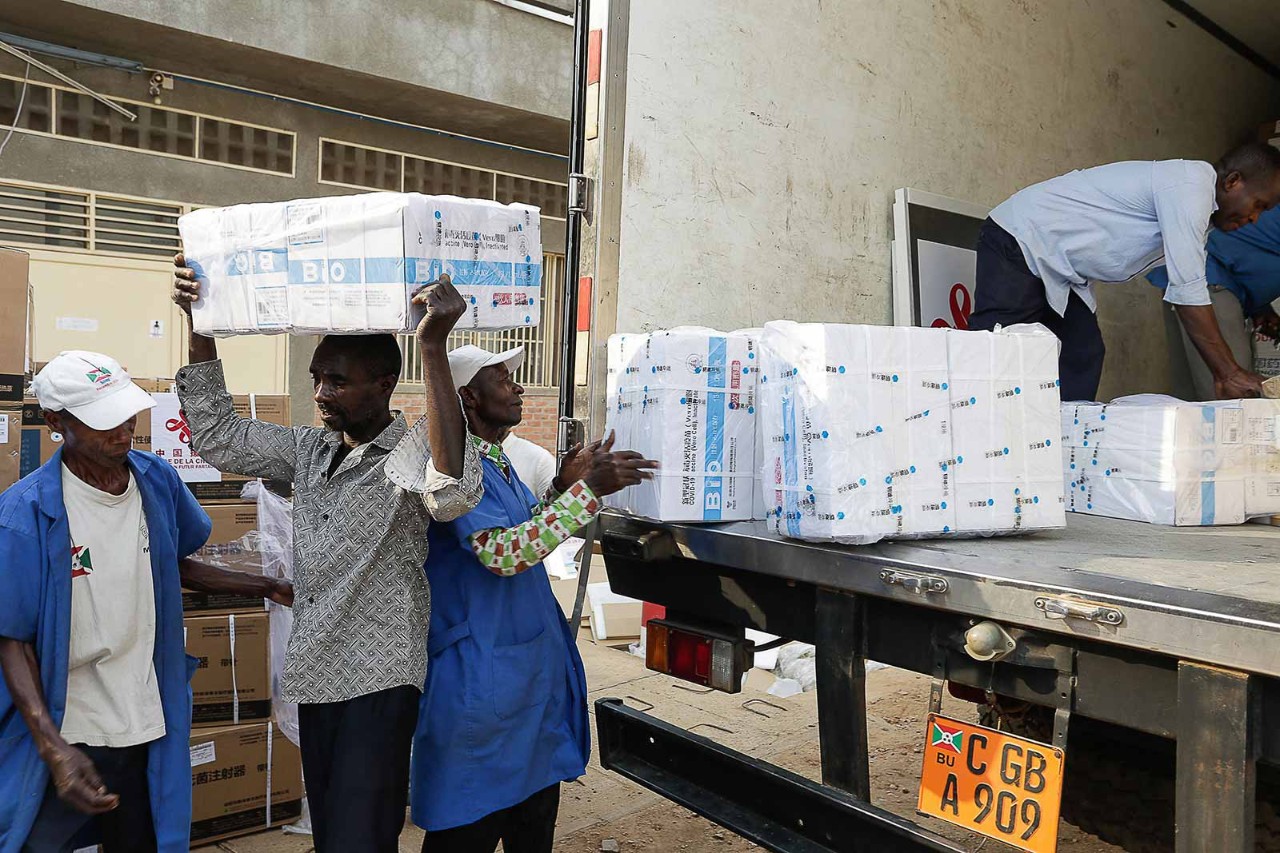
Since the great financial crisis of 2008, many countries around the world have become used to the concept of ‘administration’ as an alternative to liquidation in circumstances of insolvency. Not so in Ghana, where the procedure is quite the novelty.
‘We have quite a few company administrations going on right now, which is strange for our business environment,’ says Audrey Naa Dei Kotey FCCA, managing partner of legal, tax and professional services firm AudreyGrey. ‘Before, if a company was in trouble, it would just be liquidated.’
'You no longer automatically lose everything if you have an emergency cashflow problem to contend with'
The catalyst has been Ghana’s Corporate Insolvency and Restructuring Act 2020, which brought in a raft of changes including the introduction of restructuring and administration as a means of business recovery for viable but struggling businesses.
The law also encompasses the regulation of insolvency practice and the licensing of insolvency professionals by the Registrar of Companies; the introduction of post-commencement financing to facilitate restructuring; and greater involvement of creditors.
‘The previous insolvency regime just killed companies off if they got into difficulties; there was no other option. The legislation allows companies to restructure and gives them some form of bankruptcy protection, which they did not have before,’ Kotey says, adding that it encourages transgenerational businesses and new ventures 'because you no longer automatically lose everything if you have an emergency cashflow problem – or a pandemic – to contend with’. The act is also intended to make Ghana more attractive to foreign investors.
Level of protection
Ghana isn't the only African nation making changes. In Rwanda, an amended insolvency law is in the works, proposing crossborder insolvency procedures and recognising foreign proceedings.
In addition, a supplier of an essential service, such as electricity or internet connection, is no longer permitted to refuse to supply the service to a liquidator, or to a company in liquidation, offering a level of protection.
'We have seen lending institutions use central bank flexibility to clean up their distressed debt'
There have been 12 insolvency cases in 2020/21, according to Ignace Ndagijimana, specialist in corporate law and insolvency management practices in Rwanda.
‘Most companies do not go through insolvency proceedings, they just shut down,’ he explains. ‘Sometimes they don’t even know about these proceedings, or they can’t get the money to pay for procedure fees. It is still a new area for companies in Rwanda; we need to raise awareness.’
In Kenya, meanwhile, the Business Laws Amendment Act, which received presidential assent in March, brought in a number of measures that impact the country’s Insolvency Act 2015. One area of significance is the introduction of a 30-day pre-insolvency moratorium, during which creditors may not take any enforcement action against the company and its assets without court consent. The primary aim of this measure is to give companies some time to agree informal restructurings or other insolvency procedures with creditors.
According to Madhav Bhandari FCCA, managing partner at Baker Tilly in Nairobi, this has led to the highest rate of insolvencies this year.
‘There have been some changes to the insolvency law on secured creditors, and often an insolvency petition is met with a barrage of court injunctions by the holder of distressed debt,’ Bhandari says.
‘In our view, there needs to be rebuilding of a trust triangle, with the untrusted, distressed debt holder, a more trusted insolvency practitioner and a lenient financial institution to offer a bridge and support services long before the insolvency petitions are advertised.’
Creditors are concerned about their individual rights as opposed to rescuing distressed organisations
The number of administrations has also shot up this year according to George Weru, partner, business restructuring and Forensics Services at PricewaterhouseCoopers in Nairobi. He says there were four administrations in 2016 in Kenya, followed by one in 2017, four in 2018, two in both 2019 and 2020 and 10 so far this year.
Weru says the increase could be down to the extension of bank loans and a moratorium on interest payments during the worst of the pandemic now being withdrawn.
‘A good number of businesses were already over-leveraged and they received this financial help rather than going through a proper restructuring. We are seeing companies in stress, and they are considering going through an insolvency procedure. We expect more,’ he explains.
‘Businesses and their stakeholders have in general embraced the insolvency laws since 2015. Although we have yet to see any cases of the new 30-day moratorium, I think it will be a welcome development because at present it takes a very long time to get lenders involved in restructuring discussions to get to a standstill agreement.’
Covid effect
The Covid-19 pandemic has also contributed to the wave of insolvencies in Kenya, exposing companies with outdated business models and family businesses with no succession planning, says Bhandari. ‘We have seen lending institutions and corporate financiers use central bank flexibility in a depressed year to clean up their distressed debt.'
Other affected sectors include those impacted by government directives – for example, the mandatory use of Kenya's new Chinese-funded railway line on logistic companies and freight movers.
In Ghana, where the substantial rise in insolvencies has particularly affected the mining and hospitality sectors, Kotey sees the new law as a work in progress. On the one part, banks are getting their heads round the idea of post commencement financing, and the country is running a drive to get lawyers, professional accountants and bankers with prior experience qualified as insolvency practitioners. At the same time, she says, we still see a situation where the uncertainty in the country means creditors are still concerned about their individual rights as opposed to the greater collective aim of rescuing distressed organisations.
Breathing space
Bhandari notes that it is important for the local laws to continue to adapt to allow breathing space to both companies and lenders.
'The Kenyan insolvency regime, which captures salient points from the UK system, is quite advanced, he says. 'We have already seen good use of company voluntary arrangements, administrations and other alternative mechanisms to run businesses as a going concern.'
Kenya's new law, however, offers limited guidance on financial strategies of business rescue, making the role of specialists vital. 'These strategies continue to require the appointment of turnaround experts and distressed debt practitioners who have the strength, skill and honesty required in these often-complex situations,' he says. 'Baker Tilly is currently trying to create a platform whose aim is to trade distressed debt, but for the moment no framework exists.’
In terms of specialists, Weru says there are currently around 20 insolvency practitioners in the country, which he believes is adequate given their level of training, regulation and expertise.
Rwanda is also steadily developing professional expertise.
More knowledge among business owners in Africa is also emerging. Kotey sees a growing awareness among entrepreneurs in Ghana that they now have another option to keep their business dream alive: ‘More companies will look to administration as a form of corporate rescue. It’s an opportunity to survive,’ she says.
But Weru in Kenya says more haste is needed. ‘People start these procedures too late. They are happy to kick the can down the road because existing laws on wrongful trading are not enforced,’ he explains. ‘Even the relatively successful administrations where we repackage the businesses and assets to be sold as a going concern rather than saving the whole company are impacted by starting late. Owners and lenders need to pull the trigger sooner to take advantage of all the options available.’


